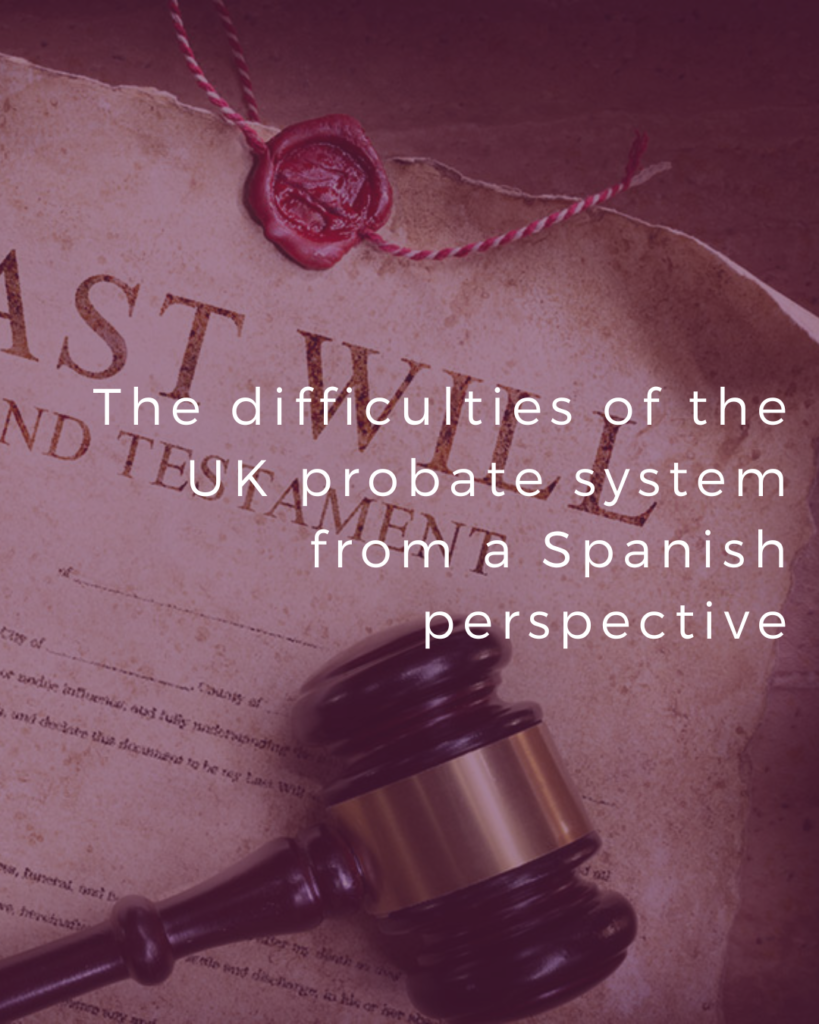Do you like your job? How’s your health? Are you spending enough time each day with your children? When you need them, are your friends there for you? Can you trust your neighbours? And how satisfied are you, overall, with your life?
A new OECD publication, How’s Life? , looks at these questions and others, offering a comprehensive picture of what makes up people’s lives in 40 countries worldwide. The report assesses 11 specific aspects of life – ranging from income, jobs and housing to health, education and the environment – as part of the OECD’s ongoing effort to devise new measures for assessing well-being that go beyond Gross Domestic Product.
Among the report’s findings:
- Having a job is an essential element of well-being. Good jobs provide earnings, but also shape personal identity and opportunities for social relationships. Broadly speaking, employment rates in the OECD are relatively low in southern European countries and high in the Nordic countries and Switzerland. Long-term unemployment rates are virtually nil in Korea, Mexico and Norway, while they are almost three times the OECD average in Estonia, the Slovak Republic and Spain. Japanese and Australian workers are most likely to be working part-time, when they’d prefer a full-time job. Chileans and Poles hold the highest number of temporary contracts. Residents of Luxembourg have the highest average gross annual earnings (along with Americans) as well as the strongest perception of job security in Europe, while Czechs, Slovenians, Poles and Hungarians have the highest fears of losing their job. Average long-term unemployment rates are high among women and youth, and the wage gap is growing sharply in many countries.
- South Africans and Koreans spend the longest time in daily commutes to and from work, while the Irish, Danish and Swedish have the shortest commutes. Transport time is a key element in work-life balance, an important measure of well-being in the How’s Life study. Less than 30% of European workers are satisfied with their work and life balance. Time crunch is particularly strong for working mothers and the well-being of children is strongly affected by parents’ capacity to both work and spend an adequate time with them.
- People in New Zealand and Portugal are among the most social of all nationalities surveyed, with more than 75% reporting at least one social contact with friends or family per week, while people in Poland, France and Hungary report the lowest levels of social interaction. While social connections obviously make people happy, those with extensive and supportive networks also tend to be in better health, live longer and are more likely to be employed.
- Very few Finns, Swedes and Danes complain about the green space in their countries, while more than one in three is unsatisfied with the access to green space in Italy and Turkey. Access to green space and a healthy physical environment are fundamental drivers of quality of life.
- Norwegians, Finns and Danes are the most politically active, with more than 60 percent saying they had contacted a politician, signed a petition, worked with a pressure group or demonstrated in the past year, while Turks, Portuguese and Russians reported the lowest levels of activism. Civic engagement allows people to contribute to how their societies function.






